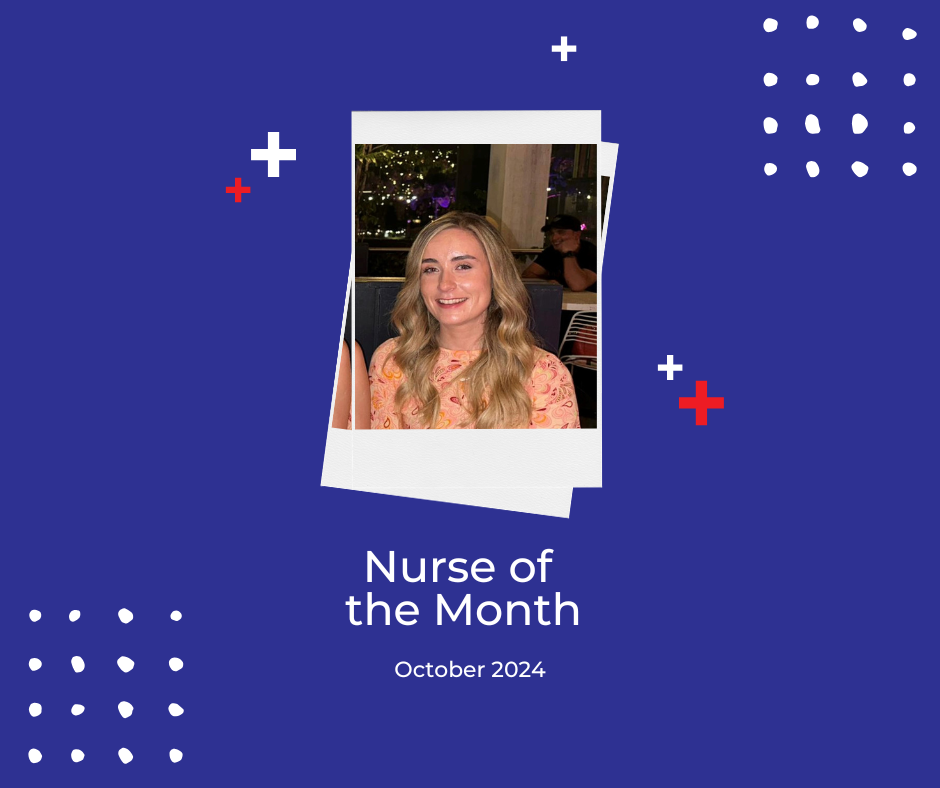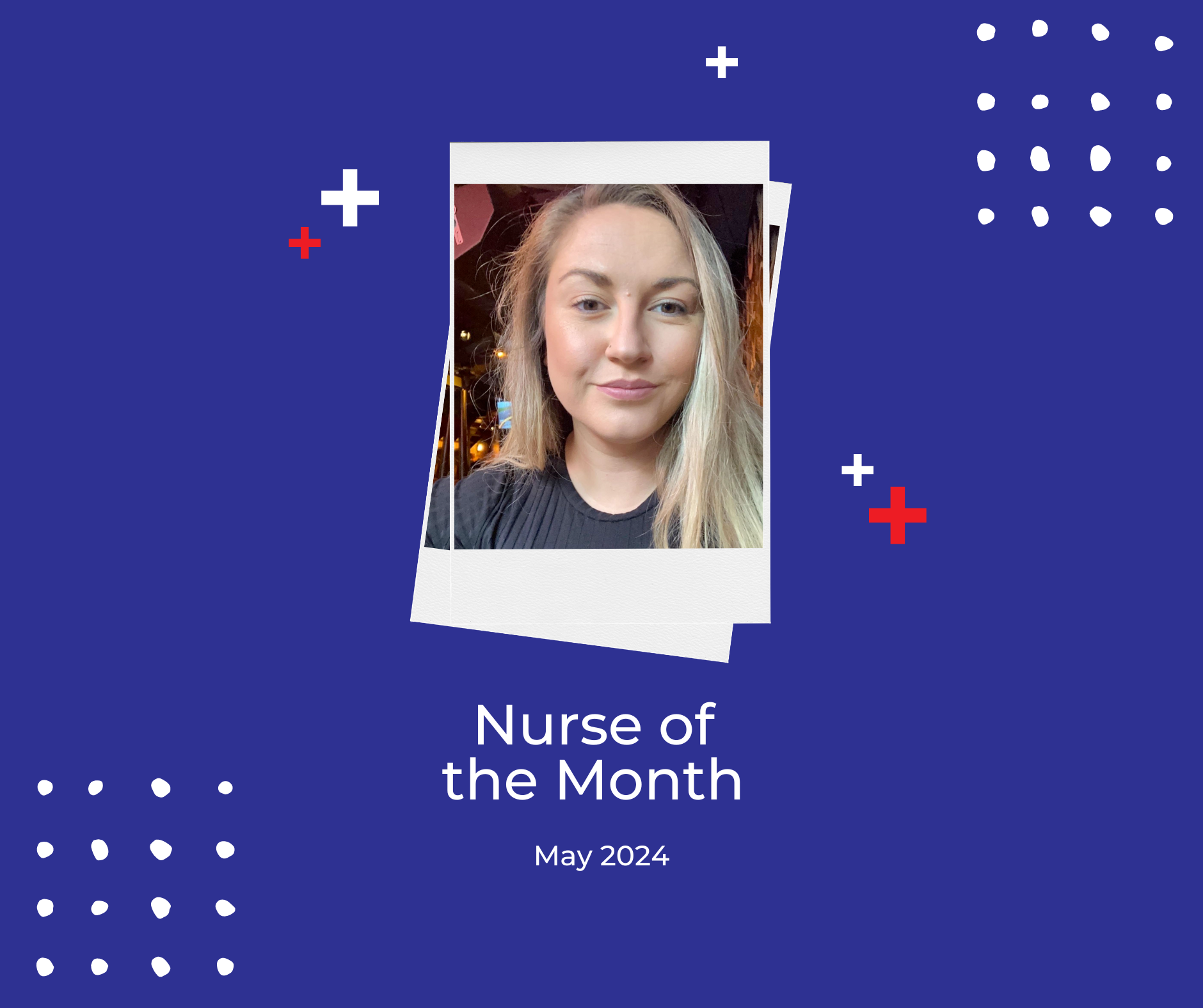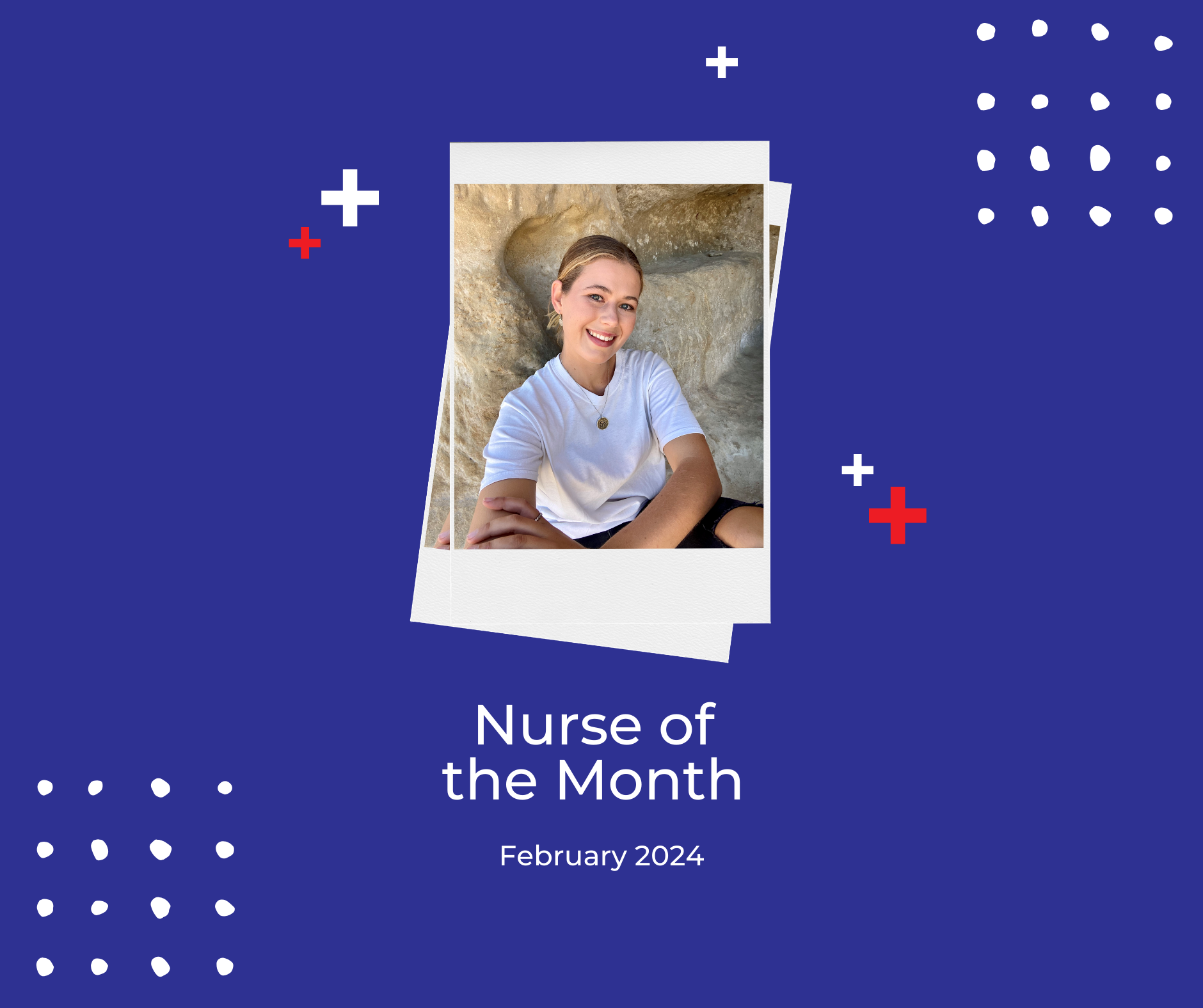Tips for Nurses working night shift
Working night shift is a fact of life for many nurses, and it comes with unique challenges that can cause disruption to routines and lifestyles. However, there’s much you can do to prepare for and manage the challenges. Here are our top five tips for night shift success:
- Make sleep your top priority
It can take some time to adjust to a different sleep schedule. Sleeping during the day can be difficult, as there are more potential disruptions and it can be tempting to want to do things with your family and friends. However, for the sake of your health and well-being you need to make sleep a priority. Create a sleep-friendly environment at home by making the room dark and quiet and switching off or silencing potential disruptions like phones and other devices. Ear plugs and eye masks can be useful. Rather than one period of continuous sleep, you might prefer two lots of three or so hours – whatever works best for you.
2. Keep busy and active
Hospital night shifts are usually less busy than day shifts, which can make the time pass more slowly and induce sleepiness. Try to keep busy and do any extra work you can. The time when night shift workers are most likely to feel tired and drowsy is around 4.00am, so that’s the time to avoid doing tedious or monotonous tasks. Staying active is an effective way to raise energy levels and banish sleepiness, so make sure you get up and walk around a lot, and take the stairs instead of the lift. Make good use of your breaks for keeping active; you might even want to do some exercises like squats or stretching.
3. Healthy food snacks are essential
The food you eat can have a significant effect on your energy levels. Adopting a ‘grazing’ approach so that you eat several small meals rather than one large one can work well. Go for healthy foods like salads, nuts, fruit and vegetables. Sugary treats can seem like a good idea at the time but, while they can provide an instant energy boost, this is often followed up by an energy slump later on. Fruit can be a good alternative if you feel like a sweet treat. Drink plenty of water to lessen the chance of headaches and tiredness caused by dehydration.
4. Beware of caffeine
It’s true that caffeinated drinks like coffee, tea or cola can help keep you feel less tired and more alert during a night shift, but be careful how much you consume. Too much caffeine can cause health problems and it could disrupt your sleep if you have a caffeinated drink late in your shift.
5. Get home safely
It’s well known that fatigue is a major cause of car accidents. Drive especially carefully after a night shift and pull over immediately if you feel sleepy. Getting out of the car and walking around can help banish drowsiness. Arrange to carpool or use public transport when practical.
Finally, Sleep is an essential part of your wellbeing and it’s important to find a sleep routine that works for you using the suggested points.













